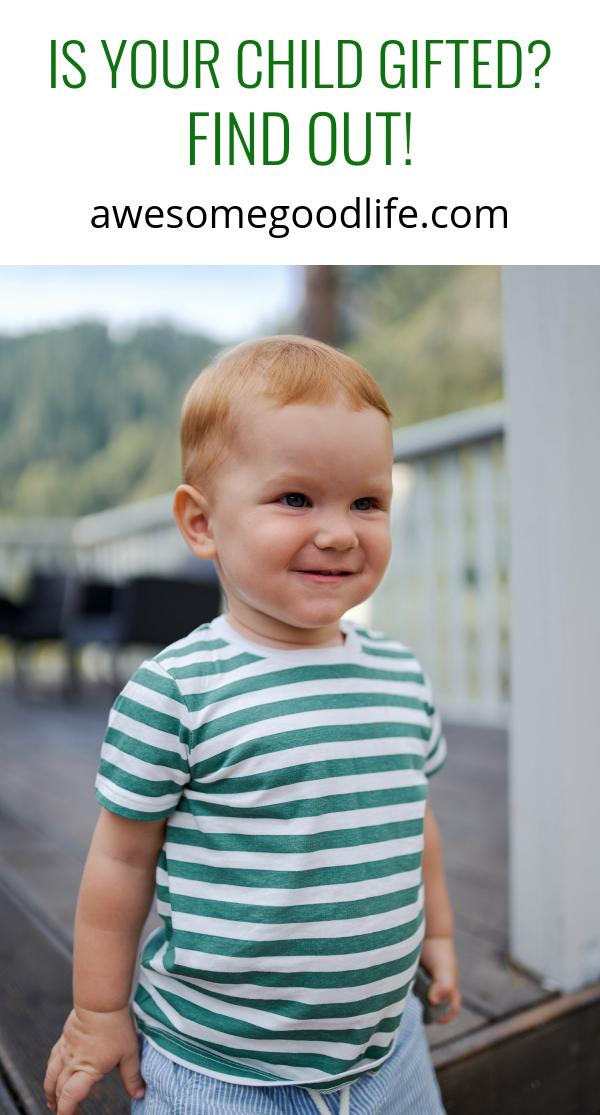Since it is widely agreed upon in the educational and child development communities that early recognition of the characteristics of a gifted child, is a key factor in successfully developing the child, it is important for the parent to have at least a general understanding of these gifted characteristics.
First of all, in order to be classified as a gifted child, the child must have the ability to perform at a level that is significantly beyond other children of like age. O.K. So, for a parent, what might this look like or what should I look for in my child?

The following are some guidelines to help your awareness when it comes to recognizing the characteristics of a gifted child. Keep in mind that there are varying levels of giftedness, as you view the guidelines.
Cognitive Skills (thinking or though processing)
- Ability to master new skills with extraordinary speed.
- A deeper knowledge than other children the same age.
- Extraordinary memory and recall of events, facts, and/or figures.
- Advanced creativity and ability to improvise.
- Acute alertness to their surroundings.
- Advanced or more complex sense of humor.
- Learning Patterns
- Great and constant curiosity along with a high level of motivation to learn.
- As a result of the previous, being bored easily if not challenged
- Advanced ability to stay focused or lengthy attention span. Even with more difficult topics.
- Advance organizational or planning skills.
- Advance logic and problem-solving skills.
- Speech and Language
- Well-developed word vocabulary and language compared to children of the same age.
- Creative uses of words and sentence structure and again, sense of humor.
- Ability to adapt their use of the language to a given level to fit the situation.
- Ability to understand and carry out complex instructions.
- General advanced ability in reading, writing, and working with numbers.
- Social
- Sensitivity to other’s feelings
- Use of their advanced language skills to resolve conflict or debate.
- Organize and direct the behavior of other children (may seem bossy to other children).
- Many times will feel more ‘at home’ with older children.
- May have high expectations of themselves (and others) that can lead to frustration and even anger.
- A generally high aptitude for logical problems, games, puzzles, or any type of problem-solving or activity that requires creative thinking and reaction.






